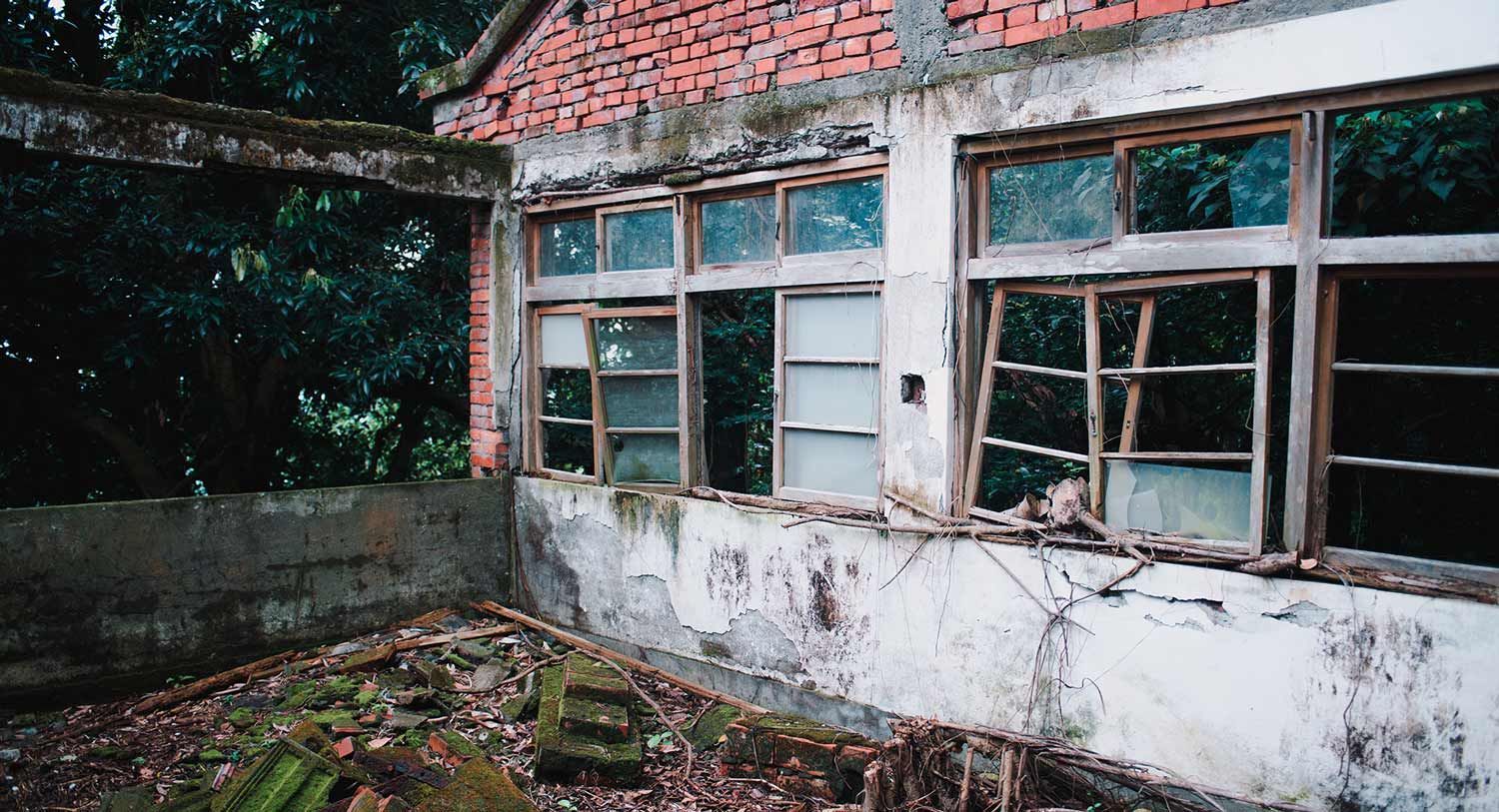The Cost of Storage Unit Insurance Explained
Published on December 15, 2023
Nick Stevens
AUTHOR
Free Offer Form
Self-storage units are convenient, but it's best to get insurance to protect against theft or damage.
Facilities usually don't provide automatic insurance; tenants are responsible for insuring belongings, often through separate renters insurance.
Storage unit insurance costs about $8-$40 monthly for $10,000 coverage and shields your items.
For coverage, check your homeowners' insurance policy first—it might extend to storage units through its "off-premises coverage." Don't forget to review the lease agreements, too.
This guide will simplify insurance costs, the risks of going without coverage, and the obligations involved when renting a storage unit.
Insurance Costs for Self-Storage Facility
How much your stuff is worth, the kind of coverage you want, and where the storage unit facility is located—all these things affect the price of your premium.
On average, you might pay around $8-$40 monthly to cover $10,000 worth of renters insurance payout.
Whether you run the place or rent a space, knowing about insurance, its policies, and its types is vital for both financial planning and safety.
Importance of Insurance
Storing your belongings in a self-storage unit is generally safe, but there's always a risk of unforeseen events like fire, theft, or accidents.
Insurance is like a financial safety net that helps you recover, and get covered, from these risks. It's not just a smart move but, in most cases, a requirement when renting a self-storage unit.
An insurance policy is a legal contract that outlines information on coverage terms by clearly defining rights and responsibilities.
For you, it means asset protection. For the insurance company, it's knowing the amount they're responsible for in claims.
Even if it's not mandatory, getting homeowners insurance is highly recommended, especially if it's not covered by your facility's regular storage unit policies.
Types of Insurance Coverage
When deciding on a provider, it's important to understand the common types and costs of storage unit insurance, as policies may vary by provider.
Two of the main types are Property Insurance, protecting structures, and Tenant Insurance, covering homeowners' personal belongings, even in storage.
Here is how these two types have you covered.
Self-Storage Property Insurance
A storage facility's insurance shields the actual structures—like buildings and storage units—from potential threats like fire, theft, vandalism, or natural disasters.
This insurance policy is a must for self-storage companies or operators.
Commercial Property, Cyber Liability, and Public Liability, among others, are specific types of third-party insurers that a storage company can get.
Tenant (Renter) Insurance
This covers your personal belongings, even in storage. Check with your insurer to ensure they offer coverage and sufficient protection for your possessions.
It's essential to understand the available coverage and tenant obligations, as most policies may include a "release of liability," clarifying that the operator isn't liable for damage to stored belongings.
This emphasizes the importance of tenants being mindful of the value of their stored items.
NOTE: Some facilities directly cover the renters insurance policy as part of the lease agreement, while others may require tenants to purchase insurance independently—especially for expensive items.
Factors Affecting Insurance Costs
The cost of your premium is not arbitrary; various factors influence it. Here are some examples.
- Belongings' Value: If you store high-value items, expect your storage unit insurance cost to increase accordingly.
- Coverage Limits: Higher limits or additional coverage like fire protection or cyber liability may add to the homeowners' insurance premium.
- Location: Natural disasters, crime rates, and proximity to emergency services can affect your monthly premium costs.
- Deductible: A higher deductible means a lower home insurance premium.
- Property Value: The overall value of the personal property in your storage unit affects the monthly premium.
- Industry trends: An insurance company may adjust its rates based on industry trends.
Average Insurance Costs
The average cost of self-storage unit insurance for homeowners falls between $8 and $40 per month, providing a $10,000 coverage limit per year.
For instance, if your homeowners' insurance policy offers $50,000 personal property coverage, the off-premises coverage for items in storage units might be 10% of that amount.
Risks like fire or smoke damage, theft, floods, and other events are typically covered, but expensive items, collections, or other valuable items can increase the premium.
On the other hand, most U.S. storage companies pay around $400-$700 annually for $1 million in general liability coverage costs.
Operators may get discounted rates by bundling it with a business owner's policy (BOP), costing between $700 and $3,800 yearly.
A BOP is a long-time existing policy or protection from business interruption—offering personal property coverage.
Nonetheless, you can contact your storage company and customize your homeowners' insurance to fit your budget and protect or cover you from various risks.
How to Reduce Insurance Costs
Insurance is a significant cost for self-storage businesses and tenants. While it provides added financial protection, it's essential not to accept any offer unquestioningly.
Use these 5 ways to reduce premium costs.
- Check your existing coverage: See if your existing insurance covers belongings stored outside your home. If it does, you don't have to buy storage unit insurance as a stand-alone service to cover your assets.
- Talk to the storage manager: They can advise and direct you to a reputable storage unit insurance company or a home insurance provider.
- Shop around: Compare quotes from different self-storage insurance providers before choosing a storage policy to cover your storage unit.
- Bundle your policies: Say you already have existing homeowners insurance; once you get a bundle or packages, they may give you a discount with all services covered.
- Choose a safe location: By
enhancing your self-storage security measures, you can lower the risks of theft and vandalism, lowering homeowners insurance claim risk.
Insurance Options for Self-Storage Facilities
Facility owners can explore self-storage insurance to protect their personal property, customers can opt for renters insurance to cover their belongings, and both have the option of third-party insurance.
Self-Storage Facility Insurance
Self-storage insurance combines property, liability, and business interruption coverage, tailored specifically for the self-storage industry.
- Commercial Property Coverage: Protects against damage to the facility's physical structure caused by any natural disaster you may experience—like fires or a flood.
- Business Interruption Coverage: Helps provide financial protection for lost income or money if the facility is damaged and becomes unusable.
- Liability Coverage: Covers the costs of lawsuits if customers are injured or their property is damaged at the facility.
Tenant Insurance
While the storage insurance policy covers the physical structure and potential liability, tenants' or homeowners' insurance (renters' policy) protects the customers' stored items.
Tenant insurance typically covers the following.
- Personal Property Coverage: This homeowners' policy safeguards tenants' belongings during storage, providing financial coverage for theft, property damage, or loss.
- Liability: This covers expenses related to lawsuits, medical bills, or funeral costs arising from injuries caused by damage or negligence associated with the tenant's storage unit.
Third-Party Insurance
Storage unit facility owners and homeowners can buy extra coverage from insurance companies to get better or specific coverage for their buildings and belongings.
Here are some types of third-party insurance providers that can be beneficial for self-storage.
- Workers' compensation insurance: Required by law in many states, it covers medical expenses and lost wages for employees who are injured or fall ill.
- Cyber liability insurance: Shields against financial losses resulting from a cyberattack and data breach.
- Automobile insurance: Offers coverage for vehicles owned by the facility used for business purposes.
- Professional Indemnity Insurance: Covers legal liabilities arising from professional negligence or inadequate services, protecting against losses due to advice or service-related issues.
- Public Liability/Indemnity Insurance: Protects against third-party injury or property damage claims, compensating for incidents on your premises.
- Product Insurance: Especially vital for automated storage services, it covers damage to customers' property inside storage units, particularly due to faulty equipment.
Frequently Asked Questions
This section addresses questions about insurance costs and coverage for operators and homeowners.
What Is the Average Cost of Insurance for a Self-Storage Facility?
The average premium of self-storage unit insurance for homeowners is $8 to $40 per month, covering up to a $10,000 annual coverage limit or coverage amount.
For self-storage unit operators, the average insurance cost is between $400 and $700 annually for $1 million in coverage.
However, these coverage limits and the pay you can get from claims depend on several factors.
What Factors Affect the Cost of Insurance for a Self-Storage Facility?
Factors affecting storage unit insurance premiums include the value of stored items, insurance limits, location, deductible amount, property value, and current market trends.
When building your own self-storage facility, it's best to compare quotes from different insurance companies to find the best coverage for your needs at the best price and warranty.
What Types of Insurance Coverage Are Available for Self-Storage Facilities?
These insurance types cover most self-storage facilities.
- Self-storage property insurance: Covers the facility's property, liability, and business interruption.
- Tenant insurance: Covers the belongings of tenants who store their items at the facility.
- Third-party insurance: Provides additional coverage for self-storage unit owners and renters, like workers' compensation, cyber liability, and automobile insurance, among others).
How Can I Reduce the Cost of Insurance for My Self Storage Facility?
To cut down on insurance costs for your storage facility, first, check your existing coverage to avoid unnecessary expenses.
Consult your storage site manager for recommendations, compare quotes from different providers, and consider bundling policies for potential discounts.
Lastly, focus on enhancing security measures to deter theft and vandalism, reducing the risk of insurance claims and other associated costs.
What Are the Risks of Not Having Insurance for a Self-Storage Facility?
Operating a storage company without its own insurance is risky. It exposes the owner to significant potential financial setbacks from break-ins, natural disasters, and liability claims.
Similarly, not having a renters insurance policy puts renters at risk of financial loss for damaged or stolen items and personal liability for potential lawsuits due to injuries or damages caused by stored items.
Conclusion
Without insurance, there's a significant risk of facing considerable financial impact.
Understanding self-storage insurance and its importance, exploring coverage options, and considering costs are crucial for financial stability.
In the self-storage industry, both operators and renters can optimize their expenses by being informed and aware.
Therefore, whether you own or rent—get covered!


